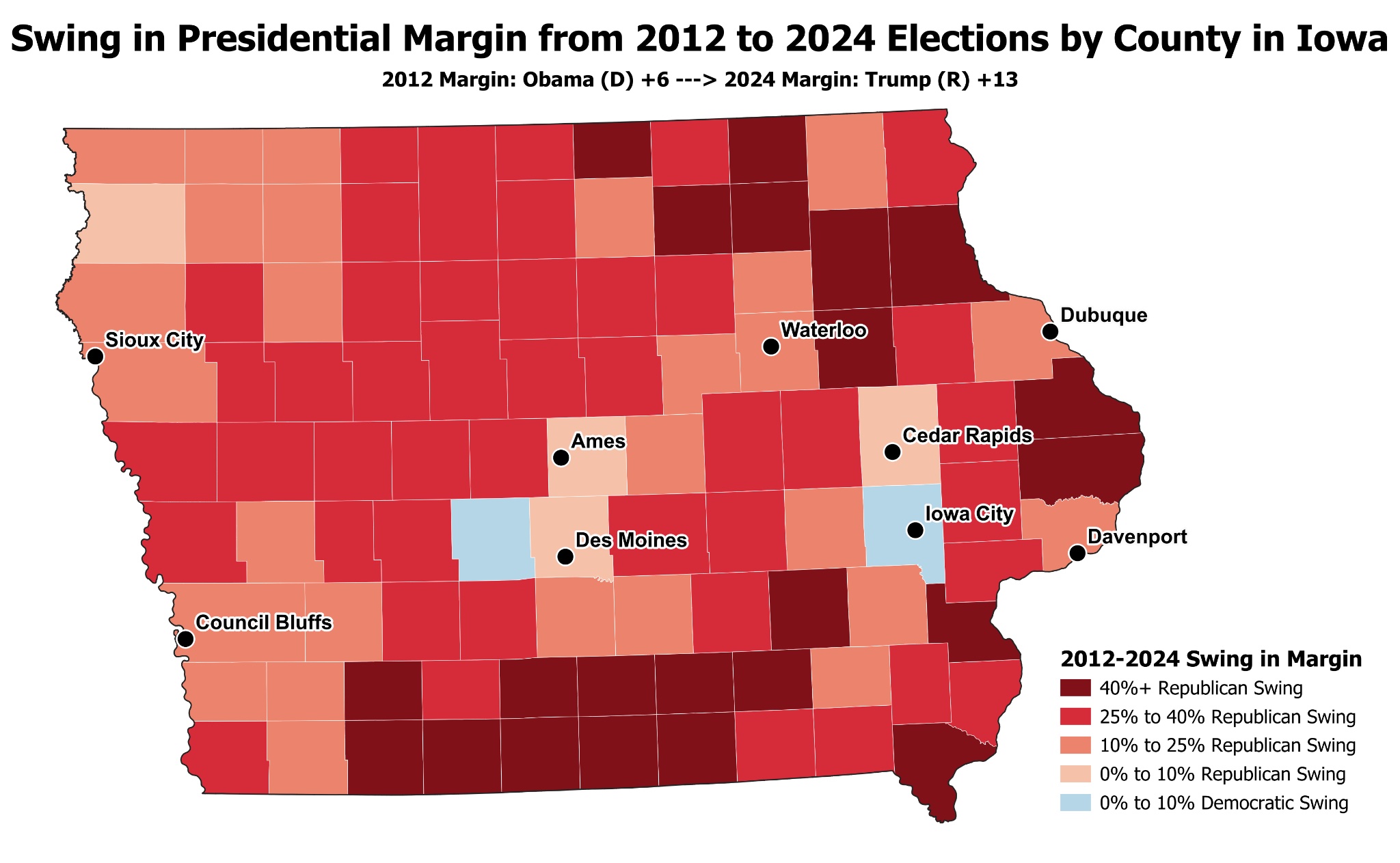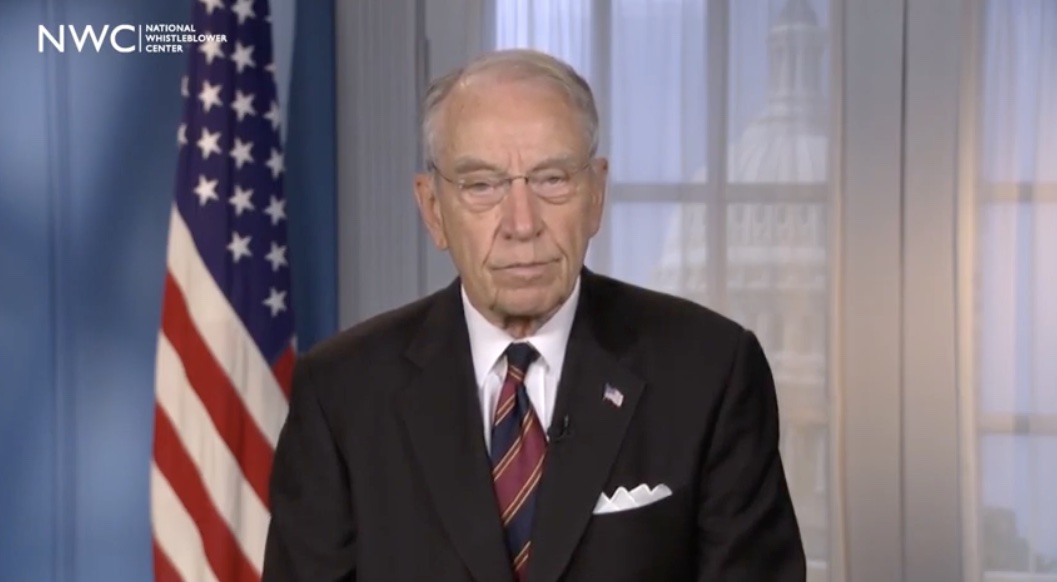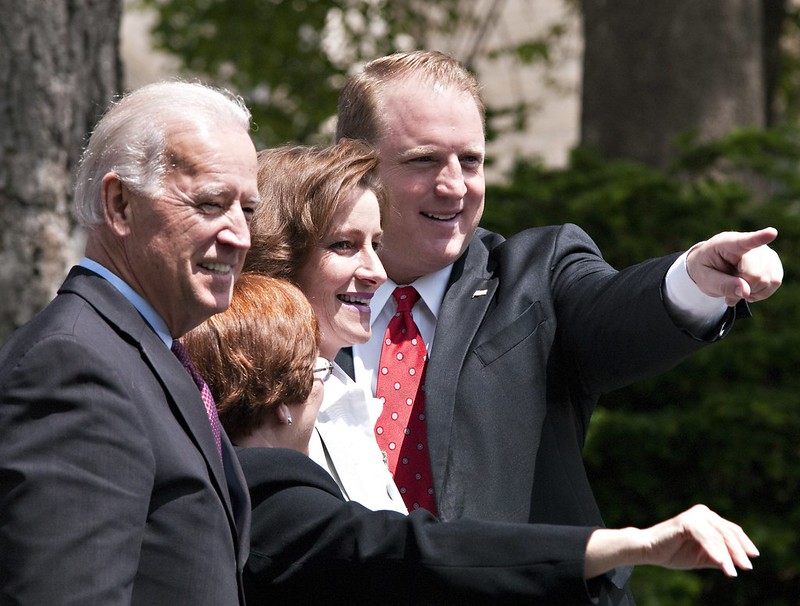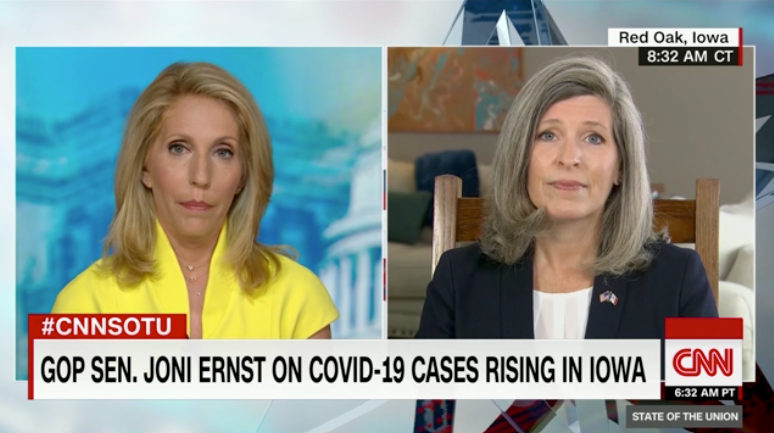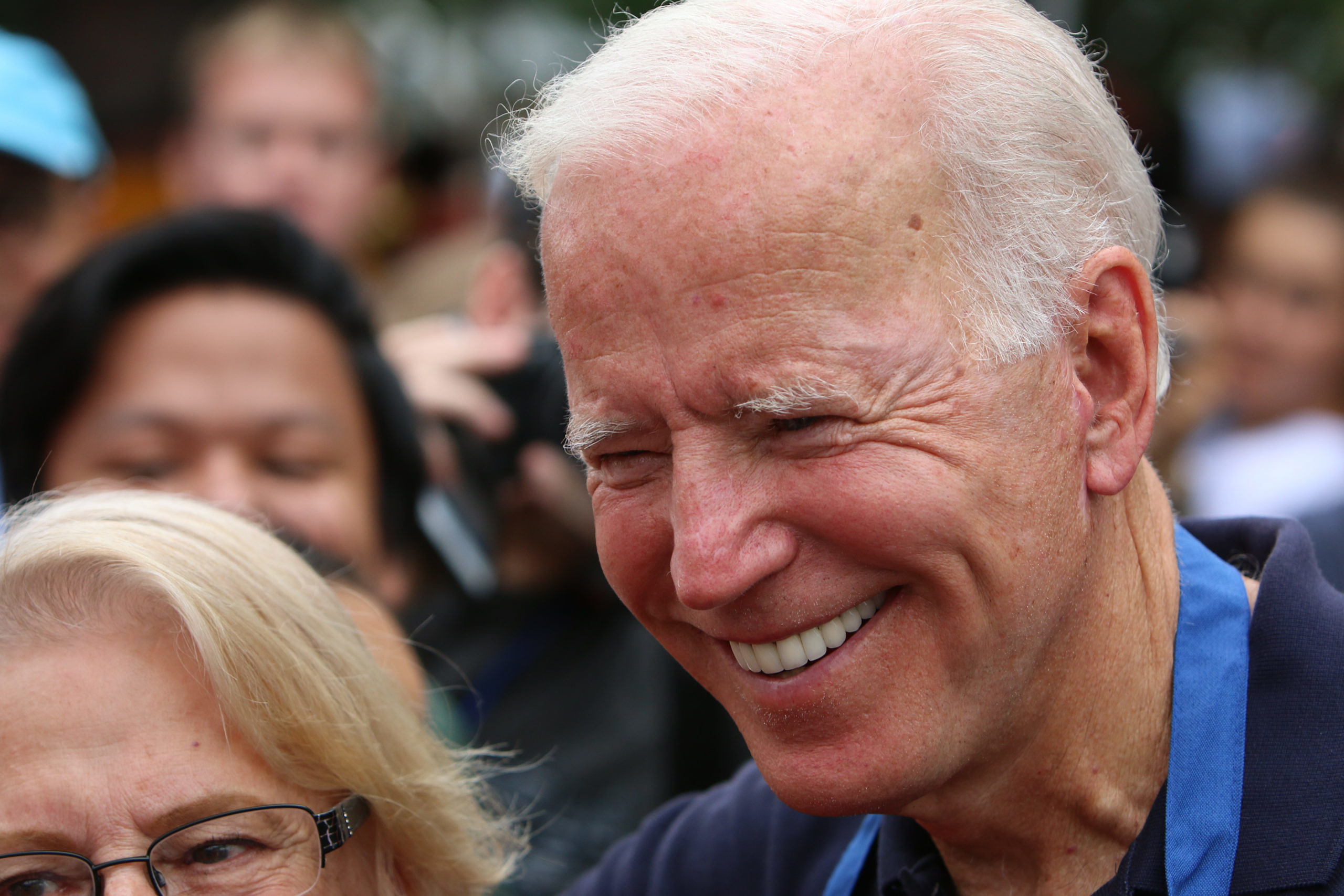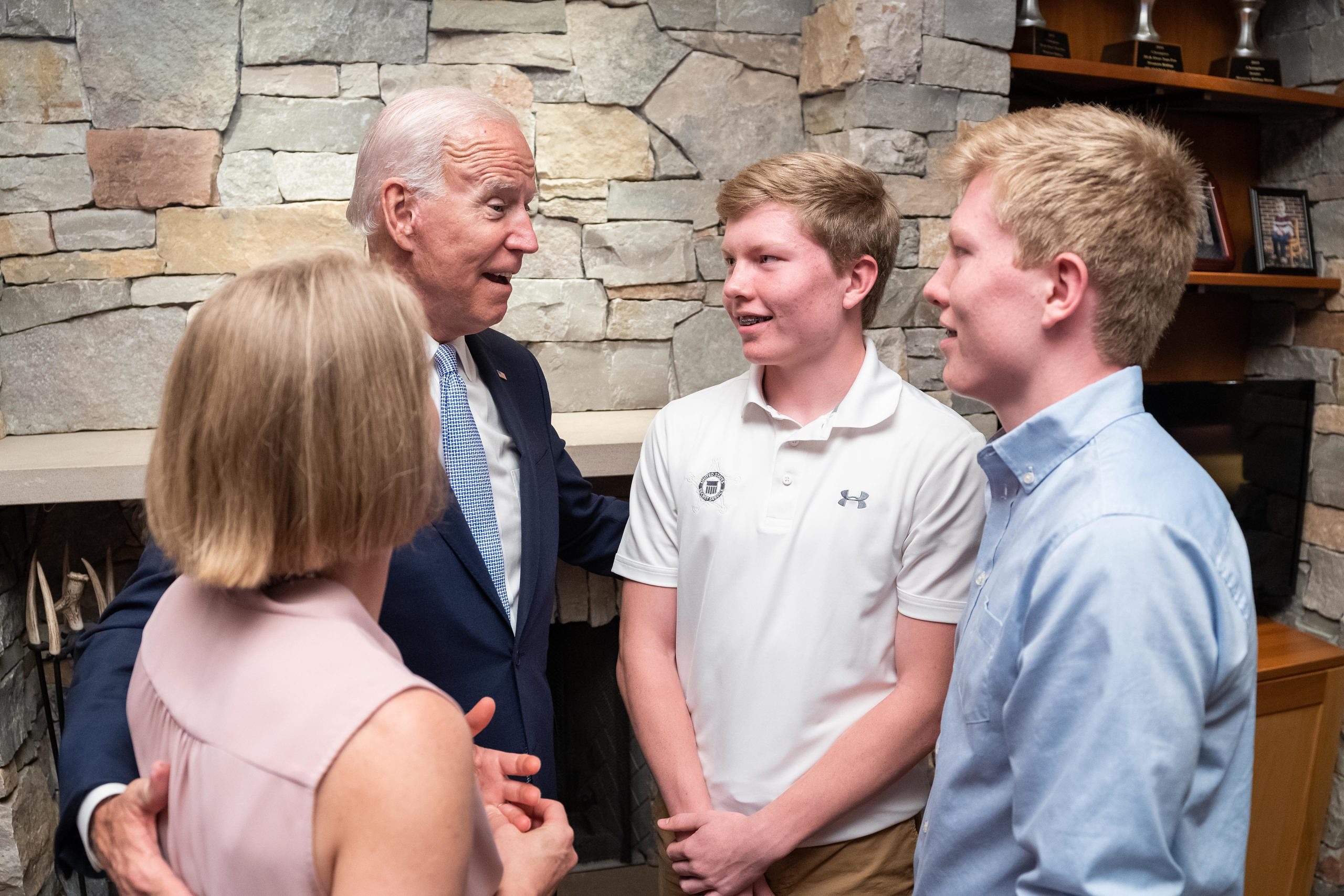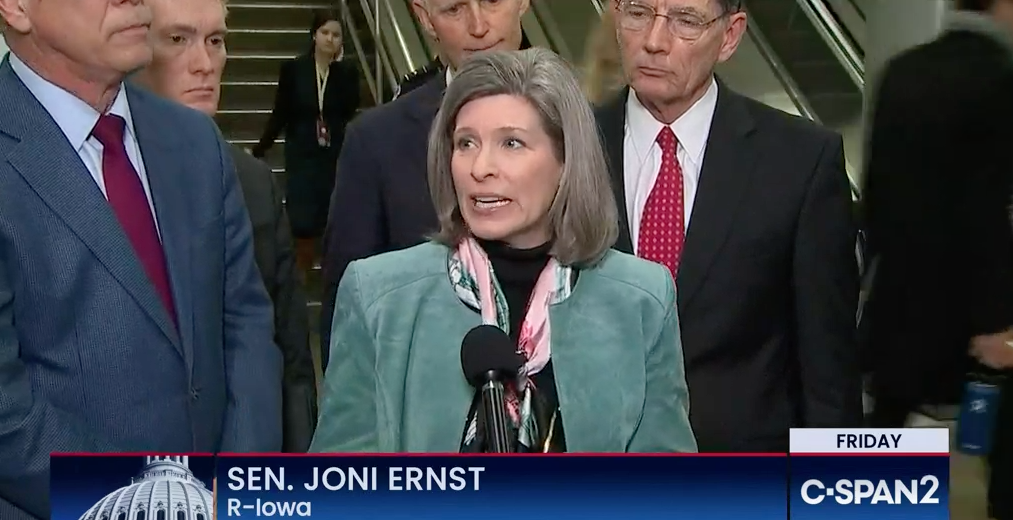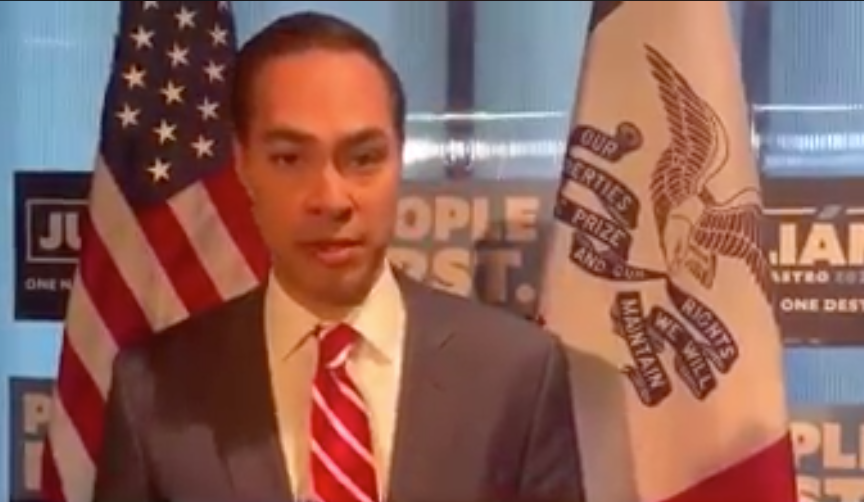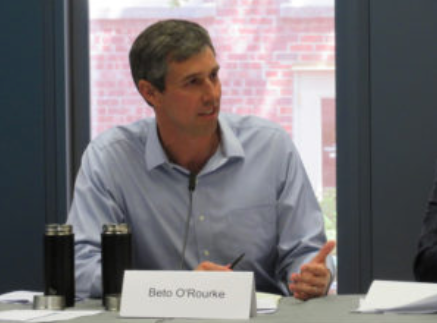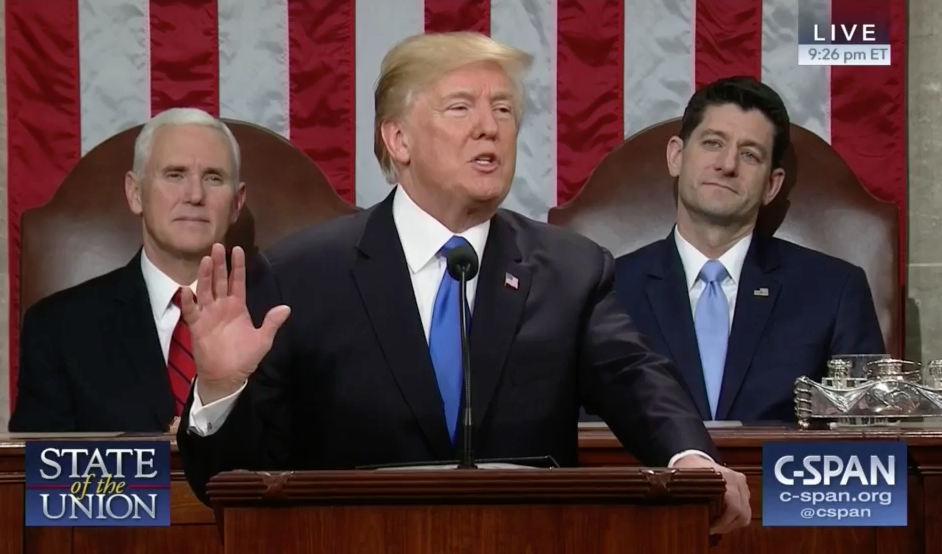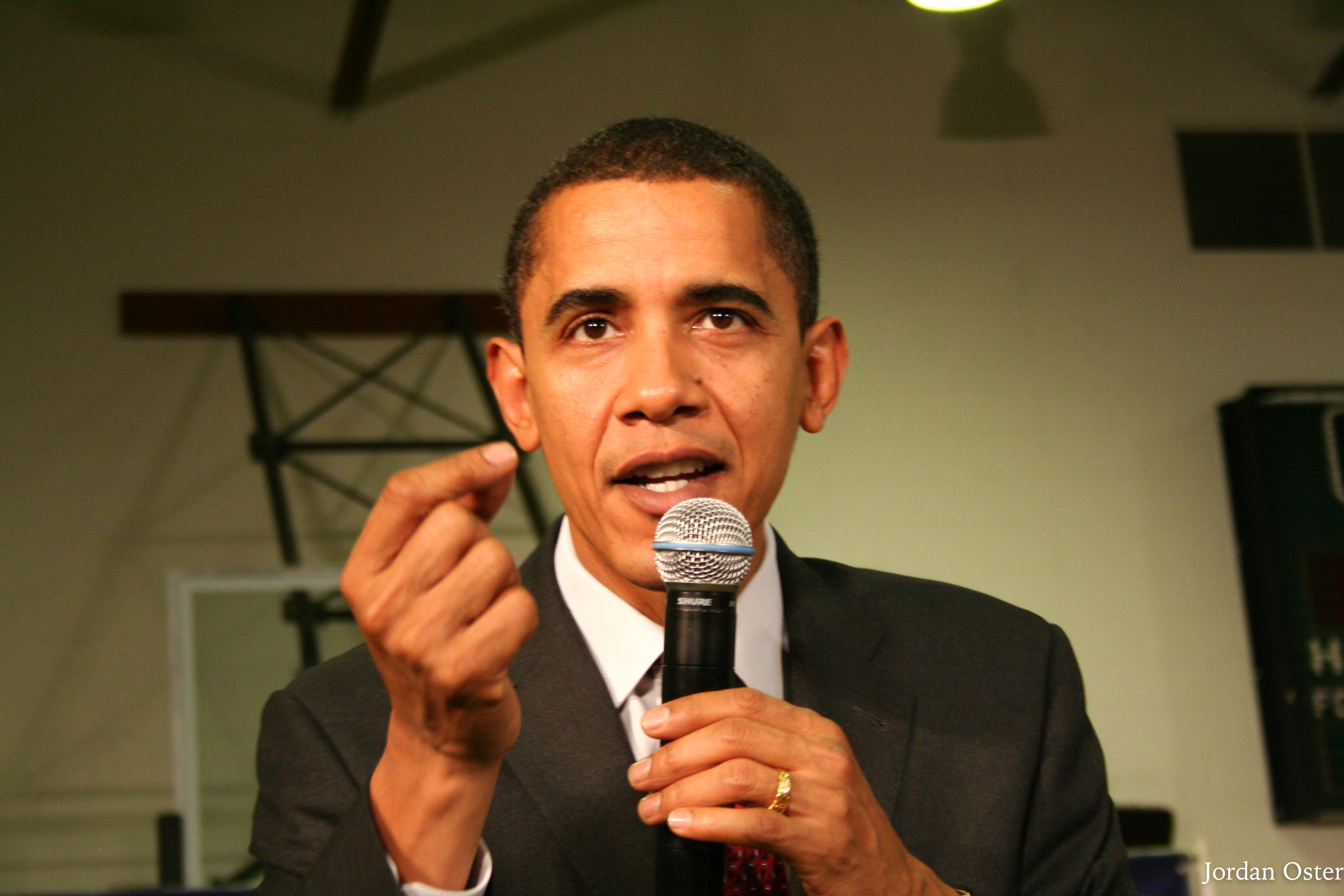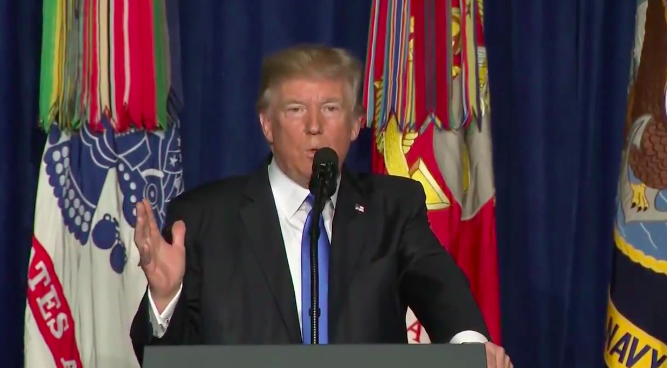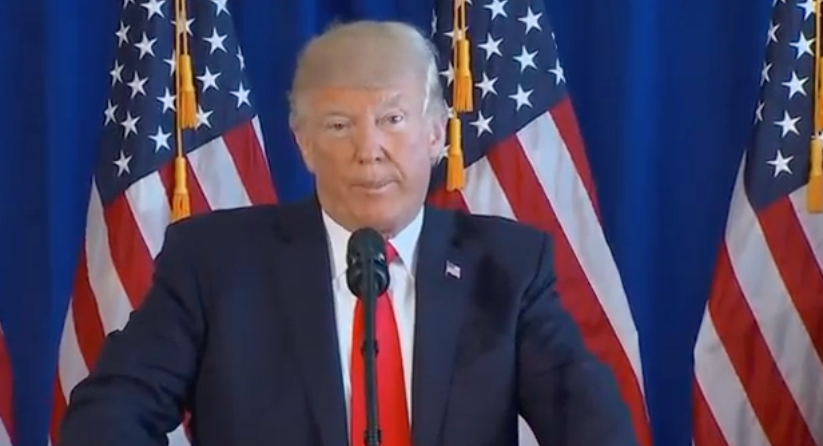“It’s not about left/right, Democrat/Republicans, it’s about doing the right thing,” Kevin Techau told me on April 17, the day he launched his campaign for Congress in Iowa’s second district. “I think my record supports that that’s been the direction of my career.”
IA-02 wasn’t on either party’s target list in 2024. But Techau has potential to mount a serious challenge to three-term U.S. Representative Ashley Hinson.
This analysis assumes Hinson will run for re-election to the U.S. House. Although she has been mentioned as a possible candidate for governor, I doubt she would roll the dice on a statewide primary, where she would probably compete against a Republican with closer ties to President Donald Trump.
That said, if Hinson did seek another office in 2026, Techau’s prospects would improve dramatically. With rare exceptions, it’s easier for the party out of power to win an open seat than to defeat an incumbent. Hinson outperformed the top of the Republican ticket in 2024 and goes into this cycle with high name ID and more than $2.2 million in the bank, whereas a new GOP candidate would be starting from scratch.
Continue Reading...

